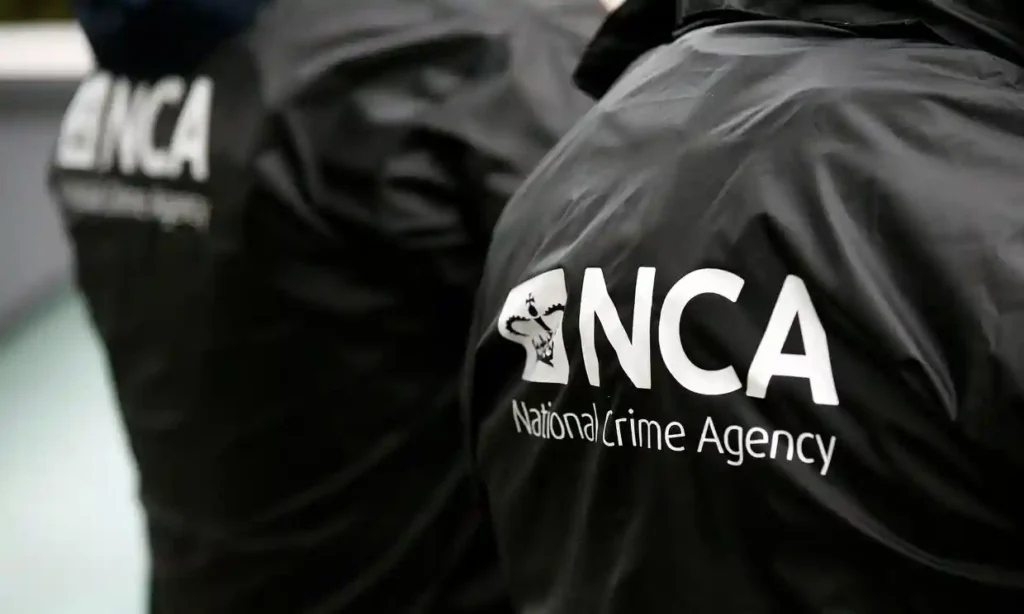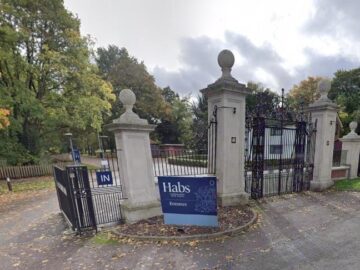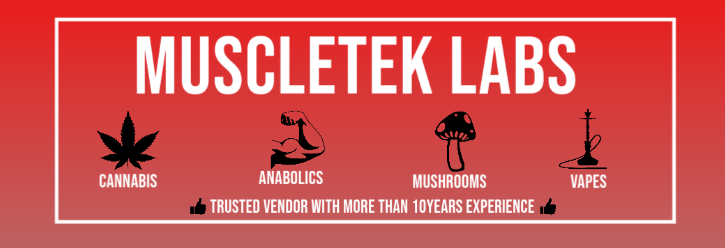UK crime agency to pursue up to 100 lawyers accused of helping traffickers
Exclusive: Solicitors believed to be assisting criminal gangs who abuse modern slavery laws to gain asylum

The National Crime Agency is preparing to pursue up to 100 lawyers it believes are helping traffickers abuse modern slavery laws to secure asylum for people entering the UK.
A potentially controversial sweep is being undertaken by the NCA, the British equivalent of the FBI, to identify solicitors who may be breaching their professional code or committing crimes by providing services to organised crime.
Ministers have claimed that Albanian criminal gangs are misusing the modern slavery and asylum system at a time when record numbers of people are referred to the Home Office as potential victims of exploitation.
The NCA has started the process of examining which lawyers may be assisting the criminal gangs, with the agency estimating that “tens” of solicitors could be involved.
Rob Richardson, the head of the NCA’s modern slavery and human trafficking unit, said the agency was in “target identification” mode.
He said: “One of the things that we’ve seen is an increase in how organised crime groups use third parties to abuse protective mechanisms.
“So it’s been well reported that there are concerns that particularly Albanian organised crime groups are frustrating law enforcement efforts by claiming that they are victims of trafficking or seeking asylum, and where we are particularly interested from a NCA perspective is how does the legal industry, how do lawyers, support organised crime groups to do that.
“So we’ve seen some examples where individuals have got scripts. They’ve been told exactly what to tell policemen to get picked up. And we have concerns about how that works.”
It comes as the government is seeking through the illegal migration bill to remove temporary protections from removal given to suspected victims of modern slavery or human trafficking while their case is considered.
Richardson said he was aware of the difficulty and sensitivity of the NCA’s examination of the legal profession due to the protections, known as privilege, given to communications between a lawyer and their clients.
He said the agency would work with, among others, the Solicitors Regulation Authority in an effort to discipline or strike off non-compliant lawyers where prosecutions were not possible.
He said: “I know this sounds like a cliche, but not one agency can tackle those kind of issues, so when we’re looking at tackling lawyers we do have to be careful because there are aspects of legal privilege.”
Richardson added: “We will often see individual circumstances or individual accounts, where it is believed that, you know – I’m going to be careful not to use the word ‘corrupt’ – a non-compliant solicitor is advising in an organised crime group.
“So, what we need to do in the first instance is demonstrate that this is a real threat. And then look at kind of building some strategies around bringing together the appropriate plans to be able to tackle it.
“We are working with our partners. We are conducting a survey at present to understand who are the high-risk agents but we haven’t a sense of scale yet … It’s less than 100, it may well be in the 10s, I would estimate.”
The NCA has new legislative tools to use as it seeks to target solicitors it believes are working with trafficking gangs. Section 63 of the Nationality and Borders Act 2022 has made it an offence to make a referral of a case of modern slavery in “bad faith”.
“It is early days and we’re looking at what our tactical options are,” Richardson said. “When we are testing new legislation as well, we’re often in a position of creating legal precedents. So that’s why the process might take a long time.”
Richardson said pursuing lawyers was just one option as evidence was being gathered by officers at the agency.
He said: “It’s an incredibly resource-intensive option, and not necessarily the most effective one. And so we have a responsibility to protect the public purse so actually it may well be that we can influence Home Office officials [and] policymakers to actually kind of look at how processes, you know, the asylum system, the national referral mechanism and other protective mechanisms could be changed to prevent that happening in the first place. And I think that’s an option as well.”
According to official figures published this month, 4,746 people were referred to the Home Office from January to March as potential victims of modern slavery – a rise of more than a quarter compared with the same period last year.
The NCA will launch an initiative to tackle such exploitation specifically in the construction industry in June, with Richardson noting that organised crime gangs were increasingly using a business model involving fake recruitment agencies in that sector and others.
He said: “They will provide building workers to the site but ultimately, then all of the wages will get paid to that recruitment agency, and then they don’t pay the workers and essentially it’s theft of their wages, and that’s the most prevalent one.”
Found this interesting? Then check our main news page where you can find all articles related to Crypto, Crime, Darknet, Security and much more!




















